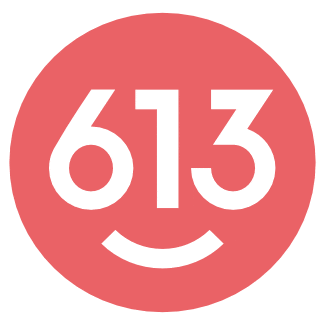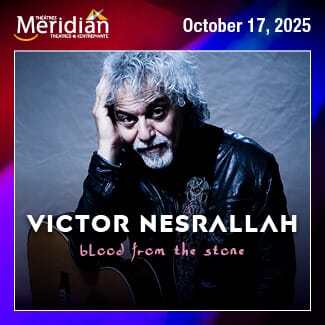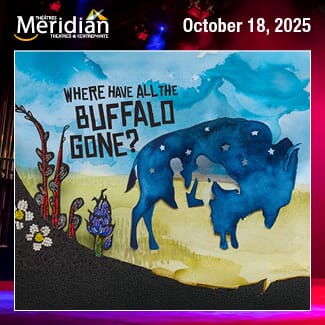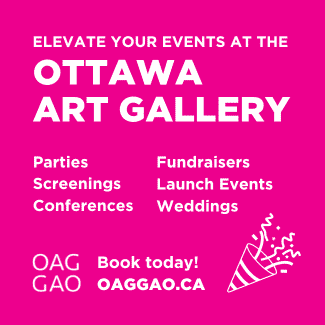This September, Mirror Mountain Film Festival will take place from Sept. 5-7 at ODD Box in Arts Court, located at 2 Daly Ave.
Mirror Mountain is an Ottawa film festival that highlights independent, alternative, and underground cinema from around the world. They screen a wide range of film genres and formats, including interactive media artworks such as explorable 360° video spaces, with an emphasis on unique and original creative expressions.
Kicking off the festival is this year’s feature film, A Queer’s Guide to Spiritual Living, directed by A.C. Birch and Michal Heuston. The film is a spin on a documentary format, exploring the complex intersections of faith, culture, family, and queerness in the lives of four Ontarians in the GTA.
A Queer’s Guide to Spiritual Living opts against the typical talking head format popularized by mainstream documentary filmmaking and instead hands over the reins to its four subjects, Vaibhav (who is Hindi), Ari (who is Orthodox Christian), Juliana (raised Baptist Christian), and Summeiya (raised Sunni Muslim).
Viewers become acquainted with the four subjects in the intimacy of their homes, during traditionally private moments, such as skincare routines, praying, and engaging in hobbies like writing, puzzles, and drag performance. Occasionally overlaid on screen are animated drawings and poems offering background details on the subjects, and creating a scrapbook-like feel to the film, as if it were compiled and designed specifically for the viewer’s discretion.
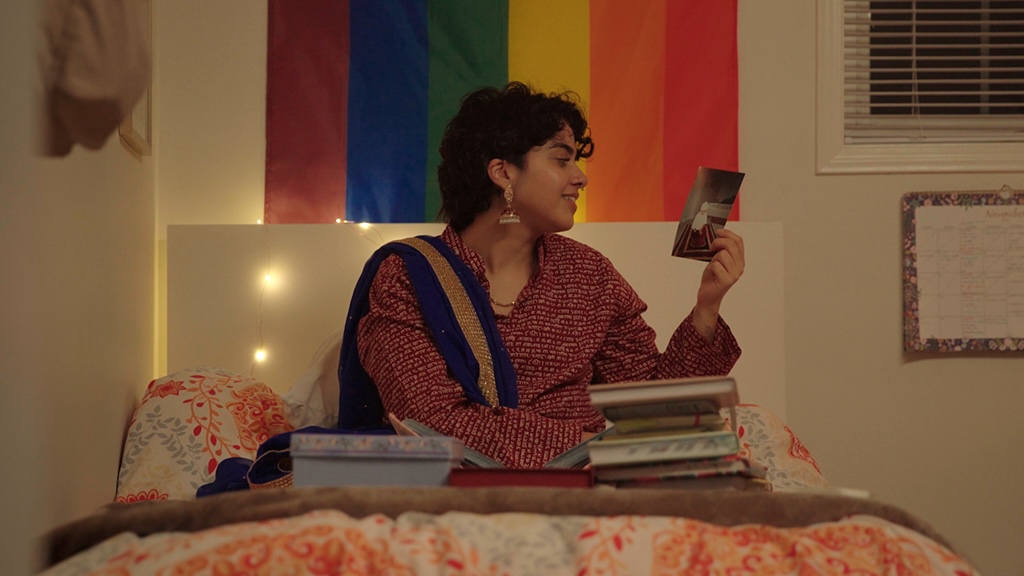
A Queer’s Guide to Spiritual Living. Photo provided.
However, the documentary offers no easy answers to reconciling one’s queerness and organized religion. Instead, it offers a space for Vaibhav, Ari, Juliana, and Summeiya to voice all the contradictory feelings their queerness and spirituality bring.
A Queer’s Guide to Spiritual Living explores how organized religion and spirituality can be sources of comfort and belonging, while also being sources of pain and alienation. Ari and Summeiya, who both identify as gender fluid, address how gender in their respective religious practices has provided them with a sense of innate community, but at the same time a profound source of othering and invisibility due to their gender fluidity.
Religion, though a source of community and connection, also becomes an intensely personal practice, as the four subjects’ queerness invites a curiosity and questioning of the strictures of religion and traditional practice. For queer individuals, spiritual practice often involves the creation of entirely new infrastructures outside of organized religion. It often, necessarily, involves an intentional act of reclamation and a focus on how religion and spirituality can guide their lives, rather than restrict them.

Dipolar Bipolar. Photo provided.
Mirror Mountain will also be screening a host of short films by local and international LGBTQIA+ creatives among this year’s selection of 48 films.
A must-see animated short is Quankai Li’s Dipolar Bipolar. This autobiographical film is vividly animated in a psychedelic, storybook-like fashion, illustrating a poignant and poetic analogy for the effects of bipolar disorder on one’s life. Dipolar Bipolar’s thumping soundtrack and mixed media aesthetic embody the intensity and chaos of digital and physical identity in blazing technicolour, creating an overwhelming, impressive result.
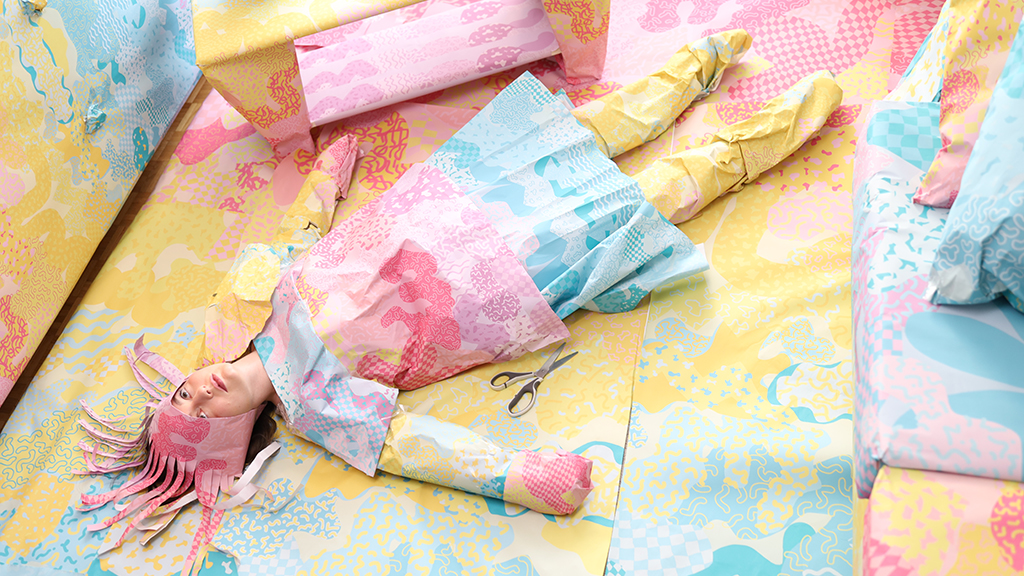
Prism. Photo provided.
Prism by Gina Hara is a queer-centric short ripe for thoughtful interpretation, as its storytelling lies equally in its dialogue and in its meticulous set design and decoration. In Prism, queerness is a gift that colours one’s perception of the world, their interactions, and influences their sense of private-versus-public life, space, and self.

Iris. Photo provided.
Iris by Jillian Iscaro is a surreal sci-fi short shot on Super 16mm film. Iris’s beauty is impossible not to discuss, as its lush character and set design are wonderfully lit and expertly exposed with a gorgeous glow. Its short runtime packs a punch, offering a timely exploration of the presence of AI in creative spaces and practices as a florist and her AI assistant must reckon with what it truly means to create and consume art.
my internship report by Ulana Drashchenko is an experimental autobiography in which the filmmaker narrates her time abroad in Montreal. Though her voice is omnipresent, Drashchenko is rarely featured in the footage shown onscreen. Instead, it favours her coworkers and friends, Montreal’s natural and urban landscapes, and scanned photos from her experiments with film photography. As Drashchenko discusses her artistic practice and how it evolved in Montreal, inspired by Expo ’67, the report slowly morphs into an investigation of how photos and film actually shape memory and legacy. In real time, we see Drashchenko’s artistic practice become one of memory-making, determined to create her own personal archive.
Finally, legendary Canadian experimental filmmaker Mike Hoolboom’s work will also be featured in this year’s edition of Mirror Mountain. His short Rain is based on an excerpt from Red Sea: April 2002 by the influential writer, poet and disability activist Aurora Levins-Morales. The short begins with the overt, procedural manipulation of a stock image, drawing attention to the malleability of images, as well as the malleability of what we know to be fact and truth. Hopeful messages are optimistic in comparison to the bleak on-screen images on which they are superimposed, inviting us to envision a more connected, anti-capitalist future.
Tickets and weekend passes to attend this year’s edition of Mirror Mountain are priced on a pay-what-you-can basis. Visit the official website for more information.








